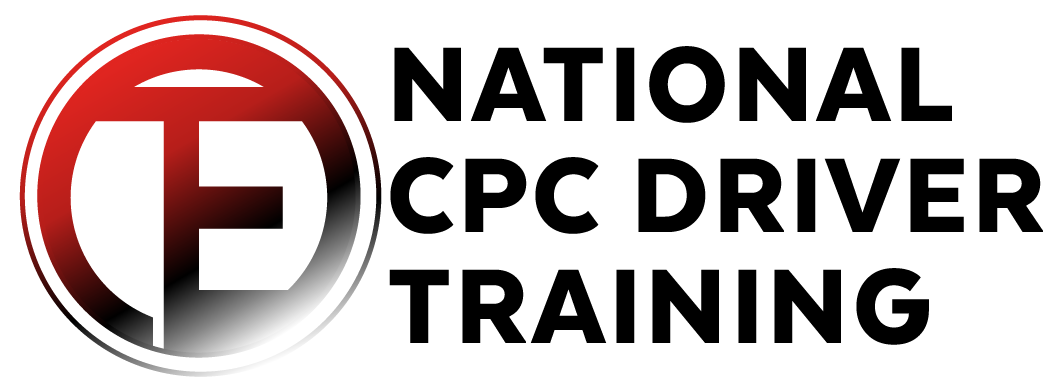An external transport manager is what?
A freelance consultant transport manager is known as an ETM, or External Transport Manager. A competent qualified transport manager expert called an ETM is in charge of making sure you are always in compliance. that your drivers are following all pertinent laws and regulations and that your vehicles are safe for the road.
Typically, small to medium-sized enterprises do not have enough needs to justify hiring a full-time transport manager. Decide instead to use a third-party transport manager’s services.
How will the ETM behave?
The external transport manager is there to make sure you are compliant, but they can also help you save money on gasoline, evaluate the state of your present H&S policy, and provide driver training programs.
Superior Obligations
- To ensure that compliance systems are efficient, manage and review them.
- Address any flaws, such as restrictions or unsuccessful annual test results.
- As per the criteria of the operator license, make sure that any pertinent changes are informed to the TC.
- Keep abreast on pertinent standards and legal changes.
Admin of Drivers
- Ensure that drivers possess the necessary licenses for the vehicles they are operating. (including non-GB vocational drivers from EU member states who are required to register their driving licences with DVLA within 12 months of being resident)
- Make sure that the drivers’ licenses are routinely checked.
- Verify that any vocational drivers have a current driver CPC license. (DQC)
- Make sure that all driver time sheets are preserved for a minimum of a year. They must be provided upon demand.
- Make sure to keep all working time records for no less than 24 months. On request, they must be made available.
Driver Control
- Make sure that drivers are recording their duty, driving time, and rest breaks on the proper equipment or in drivers’ hours books and that their records are being returned for inspection as necessary to ensure compliance with the driving hours standards (EU or domestic hours rules).
- Download and save information from the vehicle’s digital tachograph device as necessary. This should occur at least once every 90 days, and once every 28 days from the drivers’ tachograph smart cards.
- Make sure that the relevant period’s drivers’ hours records are stored and accessible.
- Make ensuring records are kept for Working Time Directive (WTD) reasons and that they may be produced during the applicable period.
- Make sure that drivers are qualified to operate all necessary vehicles and equipment and have received the necessary training.
- Participate in necessary training and any ensuing disciplinary actions.
Driver Operations
- Ensure that drivers are completing their driver defect reporting forms, returning them, and accurately recording any flaws.
- Make sure that all drivers and mobile workers get enough rest, both daily and weekly. (as per the relevant regulations which apply).
Vehicle Administration
- Check that cars are specified as needed and that operator license discs are up to date and properly displayed. Check that vehicle maintenance records are kept for at least 15 months and made available upon request.
- Make sure that height indicators are installed and functioning properly, vehicle payload alerts are accurate, and tachograph calibrations are current and visible.
- Ensure that company vehicles, commercial vehicles, and plant are covered by current insurance certificates.
- Establish preventative maintenance inspection dates at least six months in advance, and make sure a relevant maintenance planner is filled out and displayed appropriately. The annual test date as well as any additional testing or calibration dates should be included.
Vehicle Management
- Make sure that vehicles and trailers are maintained in a safe and operational state. Also, make sure that any reported flaws are noted in writing or in an easily accessible format and are swiftly corrected.
- Ensure that unroadworthy cars and trailers are removed from service.
- Make sure that cars and towing equipment are accessible for safety inspections, services, repairs, and legal testing.
- Make certain that safety examinations and other required tests are completed within the designated O-licence maintenance periods. (ISO weeks)
- Communicate with maintenance providers, suppliers, employers, and dealers as necessary. Additionally, they guarantee that cars and trailers are maintained in compliance with manufacturer guidelines.
